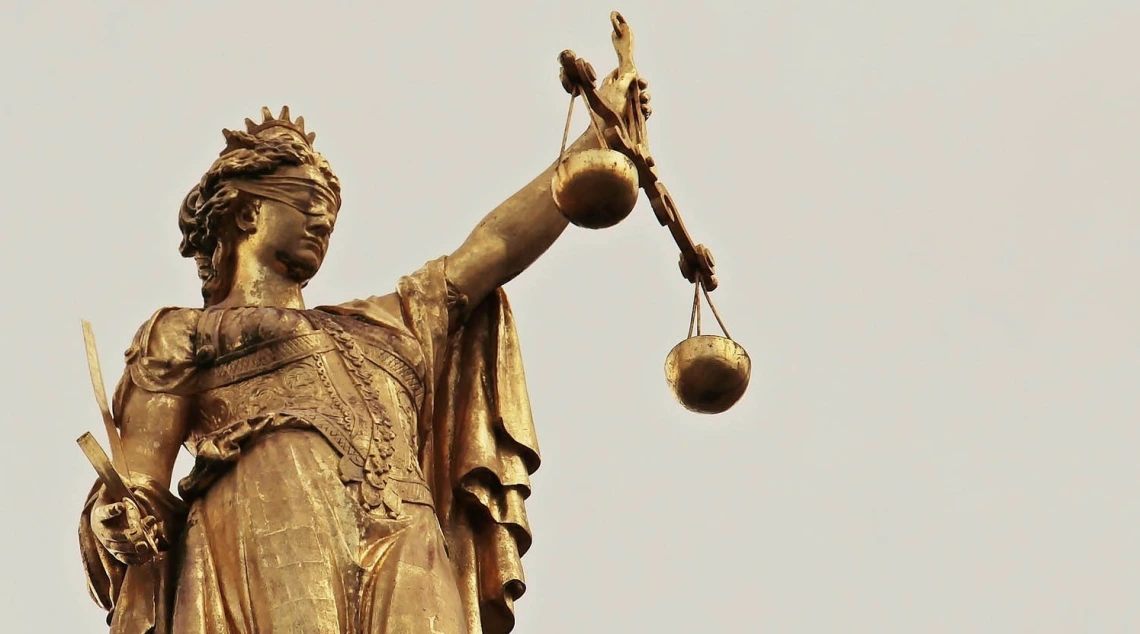National Conference of Constitutional Law Scholars Continues to Thrive in Tumultuous Legal Landscape

Constitutional scholars from across the country convened in Tucson this February for the annual National Conference of Constitutional Law Scholars, hosted by the University of Arizona James E. Rogers College of Law’s William H. Rehnquist Center on the Constitutional Structures of Government. The event reaffirmed its place as a premier national forum for constitutional scholarship and collaboration.
The conference brought together more than 70 scholars to share cutting-edge research and engage in rich discussions about some of the most pressing legal questions of our time. Organized around themed panels and lightning presentations, the event offered attendees opportunities for both feedback and informal exchange—hallmarks of the conference since its founding in 2018.
Teaching Constitutional Law in a Time of Uncertainty
This year’s keynote address was delivered by Harvard Law Professor and former Dean Martha Minow and titled “Teaching Constitutional Law in 2025.” In a moment marked by rapid jurisprudential change and deep political polarization, Minow offered a grounded, practical vision for legal education.
“Minow’s keynote was conspicuously cool-headed,” said Andrew Coan, director of the Rehnquist Center and lead organizer of the event. “I was especially taken with her approach of thinking through current constitutional developments alongside and in collaboration with her students. Also her use of simulations to help students understand and think critically about the strongest arguments on both sides of difficult issues.”
Productive Conversations and New Ideas
Now in its seventh year, the conference continues to generate conversations that shape the field. “It is a rare opportunity for a large cross-section of leading experts to gather in one place, hone their current projects, and generate new ideas,” Coan said. “If you look at the most influential constitutional scholarship of the past eight years, a substantial fraction was presented at the conference—and several major pieces grew out of conversations at the conference.”
Coan noted a growing trend in the scholarship presented this year: historical inquiries that suddenly feel newly urgent. “It was striking how many seemingly obscure historical projects have taken on acute contemporary relevance,” he observed.
Growth, Continuity, and Community
While the format remained largely the same as in recent years, the number of “lightning panel” presentations—shorter sessions aimed at providing early feedback on works in progress—was significantly expanded. This change enriched the overall experience by creating more space for emerging voices and scholarship.
Coan reflected on the unique atmosphere the conference fosters: “After the pandemic, gathering in person still feels very special. It is also extremely useful. The conference brings together an extraordinary and intellectually diverse group of scholars, working to understand and improve constitutional law. This leads to a lot of highly productive conversations. ”
Founded in 2018 by Coan, David Schwartz (University of Wisconsin Law School), and Brad Snyder (Georgetown University Law Center), the conference continues to be co-organized by Rebecca Aviel (University of Denver Sturm College of Law), Shalev Roisman, Eunice Lee and Oren Tamir (of University of Arizona Law).
